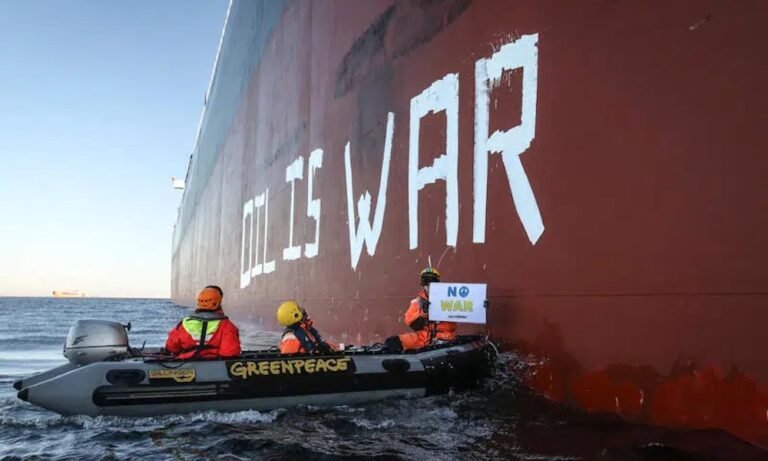The European Union Tightens Sanctions on Russia
The European Union officially rolled out its 18th sanctions package today, overcoming opposition from Slovakia earlier in the week. The sanctions are aimed squarely at crippling Moscow’s revenue streams and tightening the noose on its shadow fleet of sanctioned tankers.
Under the new measures, the oil price cap for Russian crude will be tightened—reduced to roughly $47–$48 per barrel, or about 15% below prevailing prices. Transactions related to Nord Stream pipelines are now fully banned, and refined oil products made from Russian crude face a complete import prohibition.
The EU will blacklist 105 additional vessels tied to Russia’s shadow tanker fleet, and for the first time has decided to sanction an, as yet unspecified, ship registry. This move builds on earlier efforts, bringing the total number of sanctioned vessels to well over 400. Also of interest from a shipping perspective has been the decision to sanction the biggest Rosneft refinery in India.
Financially, the package targets Russian and third-country banks suspected of aiding sanction evasion. It also includes asset freezes and transactional bans on key military-linked energy entities like Rosneft and Surgutneftegas. The Nord Stream ban further severs EU ties to Russian energy infrastructure.
EU foreign policy chief Kaja Kallas declared this sanctions package “among the strongest to date,” emphasising it would continue ramping up pressure until Moscow halts its aggression. Commission president Ursula von der Leyen echoed the tone, saying “Strength is the only language that Russia will understand.”
Earlier this week, US president Donald Trump announced a sweeping threat to impose secondary sanctions on nations importing Russian exports. Trump warned that unless Russia agrees to a peace deal within 50 days, by September 3, his administration would introduce a 100% tariff on Russian goods and apply secondary sanctions on buyers of Russian oil.
India and China remain the main buyers of Russian crude, accounting for 33% and 21% of imports year-to-date per AXS Marine data, respectively. On clean products, Turkey and Brazil have been the main buyers, accounting for 26% and 14% year-to-date, respectively. On LNG, the EU remains the main buyer, with Japan taking the largest share of Asian countries.
In related shadow fleet news, Malaysia has said it will implement new regulations by the end of July aimed at tightening enforcement against illegal ship-to-ship (STS) oil transfers in its territorial waters. Under the new regulations, vessels caught conducting unauthorised oil transfers will face immediate detention. Malaysia has been one of the main areas where shadow tankers transfer sanctioned oil to then take to China.

